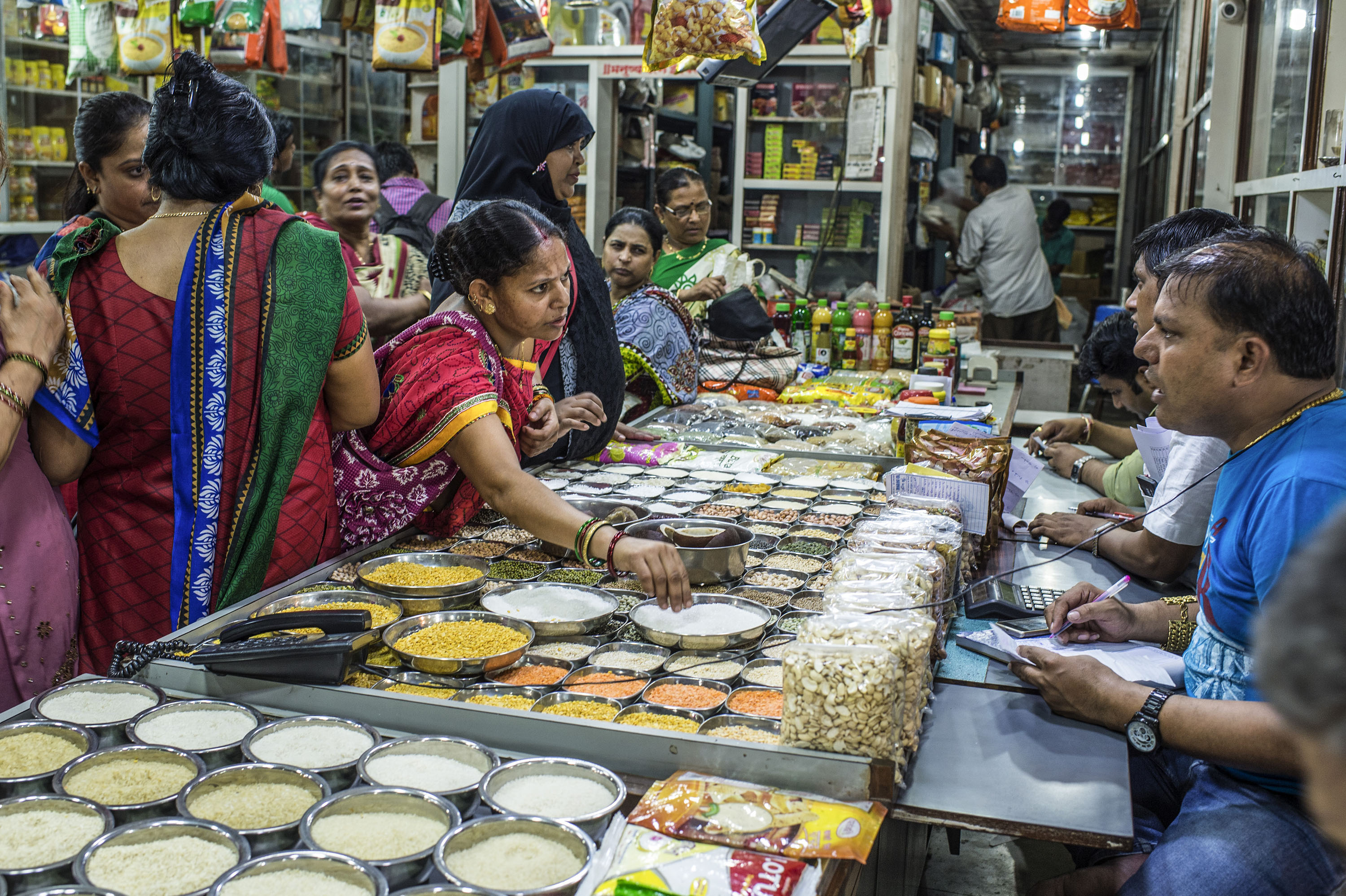Ten years of integrated food law in India
The second of the Joint FAO/WHO Regional Coordinating Committees (CCASIA) meets 26-30 September in New Delhi India. Each committee is responsible for defining the problems and needs of the region concerning food standards and food control. By working collectively at the regional level countries are able to highlight regulatory issues and problems arising from food control in order to strengthen food control infrastructures.
New Initiatives for 2016-2017
New features for the regional meetings include:
- a keynote speech highlighting issues and challenges of particular concern to the region;
- use of the RCC mechanism to identify critical and emerging issues in food safety and quality;
- the introduction of a new online platform to exchange information on national food control systems;
- collection of data/information on the use of Codex text/standards at the national level.
Regional Coordinator - India
India was the Regional Coordinator the first time the committee met in 1977 and the 2016 meeting coincides with the Food Safety & Standards Authority of India (FSSAI) celebrating 10 years of integrated food law following the implementation of the Food Safety and Standards Act in 2006.

The second RCC meeting begins on September 26 in New Delhi
Science-based standards
promoting self-regulation and setting science based standards
The act brought about a complete shift in the way India looked at food safety regulations; from a collection of over 10 separate pieces of legislation to an integrated food law. A representative of the FSSAI explained the change: “from detecting adulteration and punishing the culprit, to promoting self-regulation and setting science based standards”.
FSSAI has set standards for over 13.000 provisions and established a network of 184 notified primary testing labs for food safety as well as control systems for imports at 142 points of entry.
Codex in India
The Codex Contact Point in India is hosted by the FSSAI within the Ministry of Health and Family Welfare, liaising for all matters relating to standards setting and Codex with many other ministries including Commerce, Agriculture and Food Processing.
FSSAI works closely with representatives from industry associations, consumer groups, experts and scientists. Food Business Operators (FBOs) are encouraged to participate in FSSAI’s programmes to help spread a culture of food safety. One of the 10th Anniversary new initiatives is aimed directly at industry “to enhance citizens’ confidence in a safe food culture”. The programme includes food safety training across the value chain, participation in surveillance activities as well as consumer and school outreach projects for businesses. The FSSAI expectation is that: “once the regulatory environment is clear food businesses will come forward to implement it”.
Food safety and nutrition at centre stage
As consumers become more conscious of health and wellness the FSSAI is working to build “an environment of trust and confidence amongst the people about the safety of food” in every home, school and workplace or when eating out in restaurants or roadside stalls. This will be possible when all operators, from small domestic food businesses to multi-nationals, work together to ensure standards and food testing systems are robust and that compliance with food safety legislation is maintained.
Links
Food Safety and Standards Authority of India







